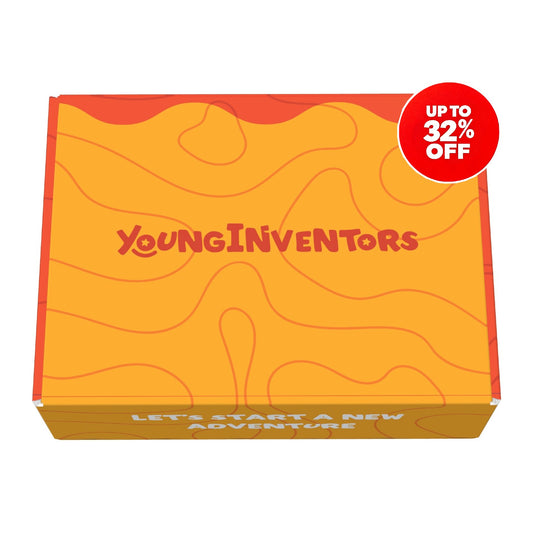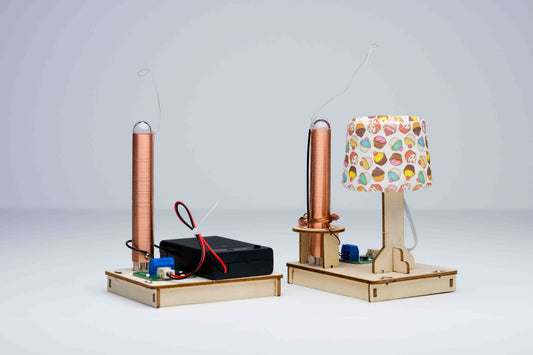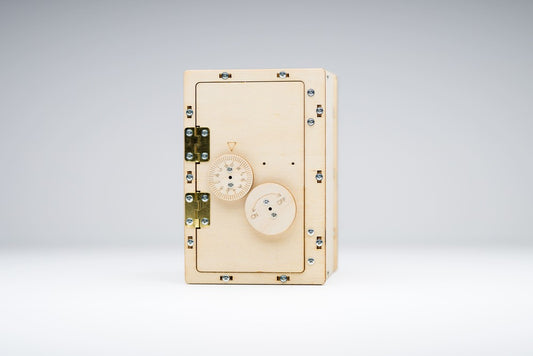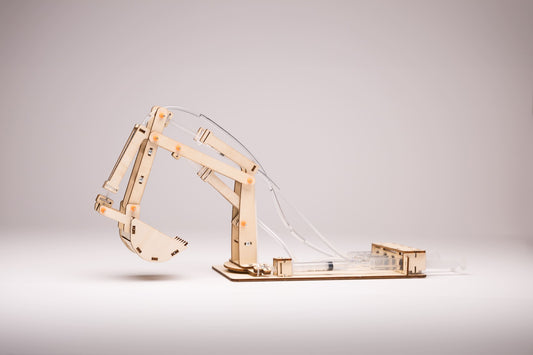Play is a fundamental aspect of childhood, offering more than just amusement – it's a critical component of learning and development. Educational toys, such as those offered by Young Inventors, play a pivotal role in this process. This blog post explores the psychological and educational theories behind the effectiveness of learning through play and how educational toys contribute to children's cognitive and social development.
Cognitive Development Through Educational Toys
-
Piaget's Theory of Cognitive Development: Jean Piaget, a renowned psychologist, believed that play is integral to a child's cognitive development. According to his theory, children learn by interacting with their environment. Educational toys provide hands-on experiences that align with Piaget’s stages of development, such as sensorimotor and operational stages, facilitating learning through exploration and experimentation.
-
Vygotsky’s Social Development Theory: Lev Vygotsky emphasized the social context of learning. He suggested that social interaction, including play, is fundamental for cognitive development. Educational toys often require collaboration, thus promoting social learning. They help children develop language and communication skills as they play and interact with others.
-
Constructivist Learning Theory: This theory posits that learners construct knowledge through experiences. Educational toys provide practical experiences that allow children to build knowledge. For example, a STEM kit from Young Inventors enables children to understand scientific concepts by actively engaging in the construction and experimentation process.
Enhancing Problem-Solving Skills and Creativity
Educational toys often present challenges that require thinking and problem-solving. Engaging with these toys helps children develop critical thinking and creativity. By experimenting with different solutions, children learn to think outside the box and develop innovative approaches to problems.
Emotional and Social Development
-
Play Therapy Concepts: Play is also essential for emotional development. Theories in play therapy suggest that play is a natural language for children. It allows them to express their feelings and thoughts in a safe and controlled environment. Educational toys provide an outlet for children to explore emotions and develop empathy and understanding.
-
Bandura’s Social Learning Theory: Albert Bandura’s theory highlights that children learn social behaviors by observing and imitating others. Group play with educational toys can serve as a mini-social environment where children learn cooperation, turn-taking, and social norms.
Language and Communication Skills
Interacting with educational toys often involves verbal and non-verbal communication. This interaction can enhance language development. For example, describing actions, narrating stories, or discussing the mechanics of a toy with peers or adults can significantly improve a child’s vocabulary and communication skills.
Motor Skills Development
Especially in younger children, educational toys can aid in the development of fine and gross motor skills. Toys that require manipulation, assembly, or physical activity encourage the development of hand-eye coordination and overall physical coordination.
The Role of Educational Toys in Modern Learning
In today’s technology-driven world, educational toys also serve to familiarize children with technology and engineering concepts from an early age. This early exposure can cultivate an interest in these fields, setting a foundation for more complex learning as they grow.
The science behind play reveals that educational toys are more than just playthings – they are powerful tools for learning and development. By incorporating educational toys into their playtime, children can develop cognitive, social, emotional, and physical skills in a holistic manner. Young Inventors' range of educational toys is designed to harness the power of play to enhance learning and development in children.
Discover the enriching world of educational toys with Young Inventors. Visit our website to learn more about how our products can contribute to your child's growth and development through play.





